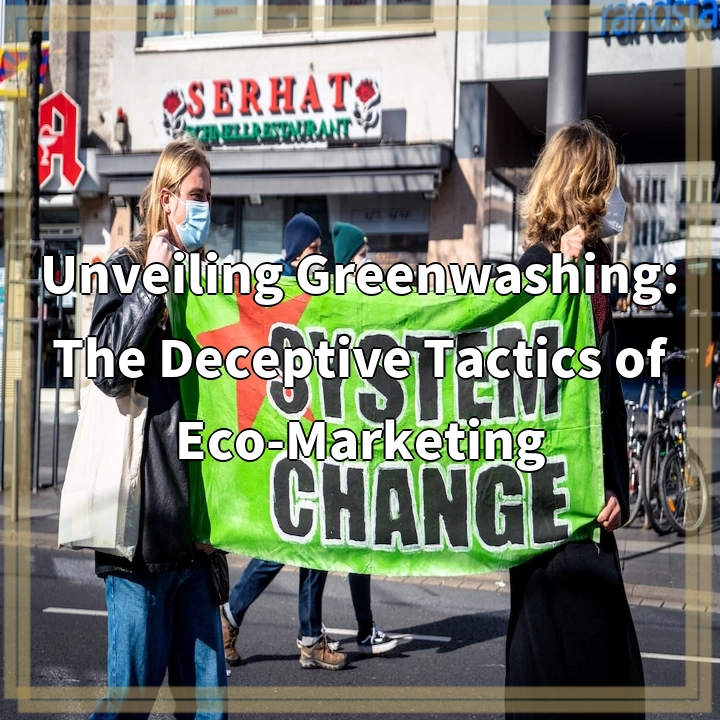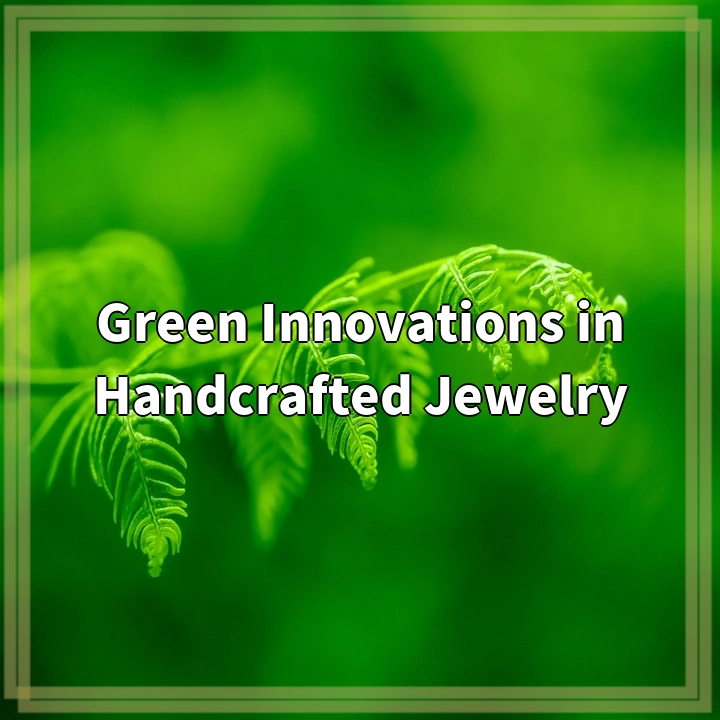
What it is:
Green Approaches in Wedding Planning: Sustainable Celebrations for a Better Planet
Weddings are joyous occasions that bring people together to celebrate love and commitment. However, conventional wedding practices often have negative impacts on the environment. In response to this, a growing movement towards green approaches in wedding planning has emerged.
Green wedding planning involves making conscious choices to minimize the ecological footprint of the event. It focuses on reducing waste, conserving resources, and promoting sustainability throughout the entire wedding process. From venue selection to decorations, invitations, catering, and more, every aspect of a green wedding is thoughtfully considered to leave a positive and lasting impact on the planet.
Real-World Problems:
While traditional wedding planning may be extravagant and extravagant in many ways, it often leads to significant environmental consequences. Some of the key problems associated with conventional weddings include:
1. Excessive Carbon Footprint:
Weddings often involve extensive travel for guests, resulting in high carbon emissions from transportation. Furthermore, large-scale venues, extravagant decorations, and excessive energy consumption contribute to the overall carbon footprint of the event.
2. Wasteful Consumption:
Traditional weddings are known for excessive consumption and wastage. Single-use decorations, disposable tableware, and excessive packaging contribute to the generation of a significant amount of waste that ends up in landfills.
3. Water Usage:
Many venues require vast amounts of water for landscaping, maintaining lush lawns, and providing amenities. In areas prone to water scarcity, this can put additional strain on already limited water resources.
4. Chemical Pollution:
The use of conventional cleaning products, cosmetics, and floral arrangements often involves the release of harmful chemicals into the environment. These chemicals can have adverse effects on ecosystems and contribute to pollution.
5. Unsustainable Mining Practices:
The production of jewelry for weddings often involves mining practices that have significant environmental and social impacts. Unsustainable mining can lead to deforestation, habitat destruction, water pollution, and human rights violations.
We live in a time when sustainability has become a crucial aspect of our daily lives. By adopting green approaches in wedding planning, we can ensure that this special celebration aligns with our environmental values and helps to build a better planet for future generations. In the following sections, we will explore various strategies and examples of how to incorporate sustainable practices into different aspects of wedding planning.

Solutions for Green Approaches in Wedding Planning:
1. Minimize Carbon Footprint:
To minimize the carbon footprint of a wedding, couples can choose local venues to reduce travel distances. Encouraging carpooling, using eco-friendly transportation options, or even opting for virtual wedding ceremonies can significantly reduce carbon emissions associated with guest transportation.
2. Reduce Waste and Consumption:
By opting for sustainable and reusable decorations, such as potted plants, fabric linens, and recycled paper invitations, couples can significantly reduce waste. Choosing caterers that prioritize locally sourced, organic, and seasonal produce can also help minimize food waste and unnecessary packaging.
3. Conserve Water:
Couples can select venues that implement water-saving practices, such as using drought-resistant landscaping or capturing rainwater for irrigation. Additionally, encouraging guests to adopt water-wise behaviors, such as using water responsibly and minimizing water usage during the event, can make a positive impact.
4. Embrace Eco-friendly and Non-toxic Choices:
Opting for natural and non-toxic cleaning products, makeup, and floral arrangements can help minimize chemical pollution. Using organic and locally grown flowers can also support sustainable farming practices and reduce the carbon footprint associated with long-distance transportation.
5. Choose Ethical and Sustainable Jewelry:
When selecting wedding rings and other jewelry, couples can opt for ethically sourced and sustainably produced options. Choosing recycled or vintage jewelry reduces the demand for newly mined materials and supports responsible mining practices.
By implementing these solutions, couples can create beautiful and memorable weddings while reducing the negative impact on the environment. Green approaches in wedding planning not only benefit the planet but also inspire guests and other couples to embrace sustainable choices in their own celebrations.















